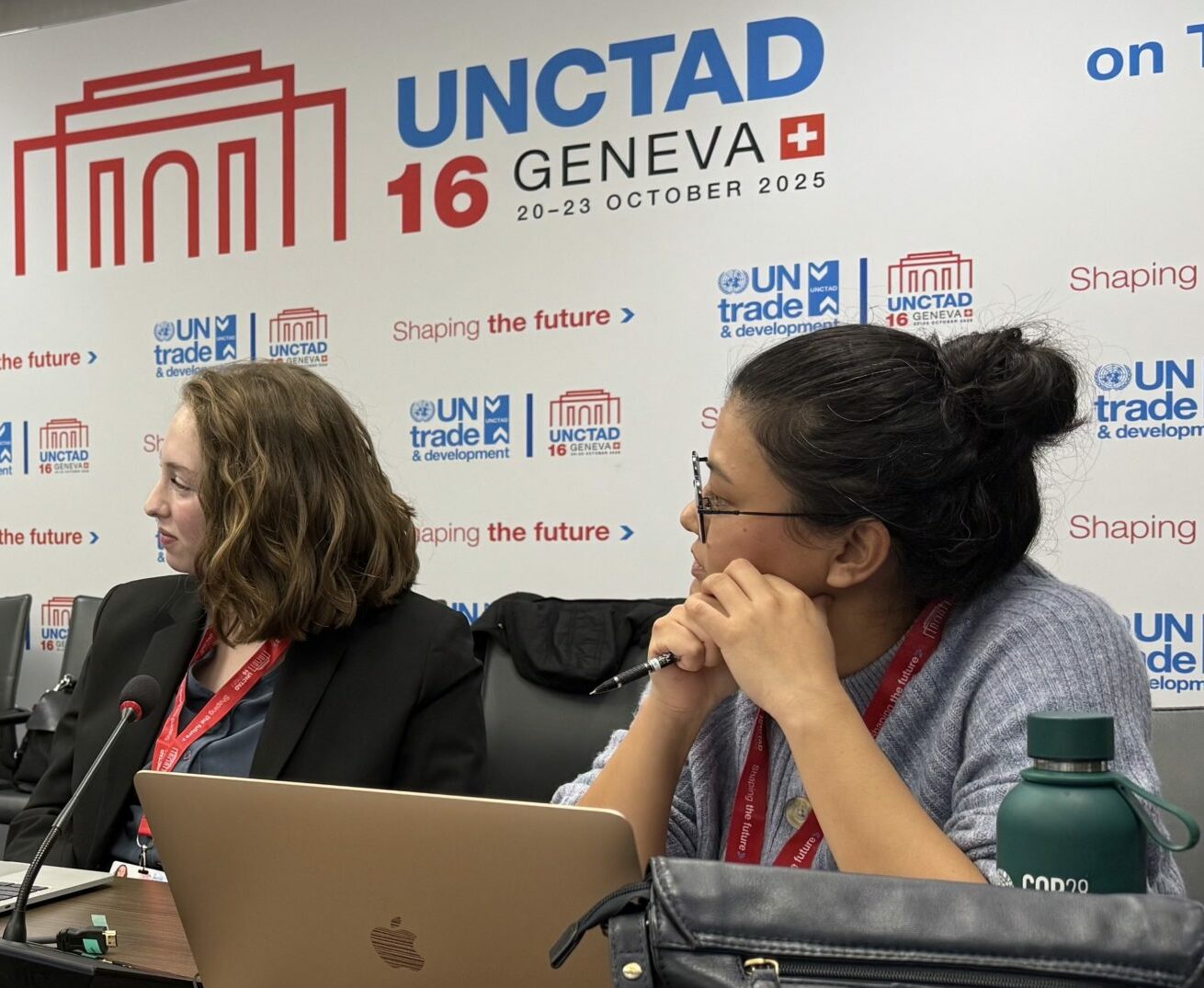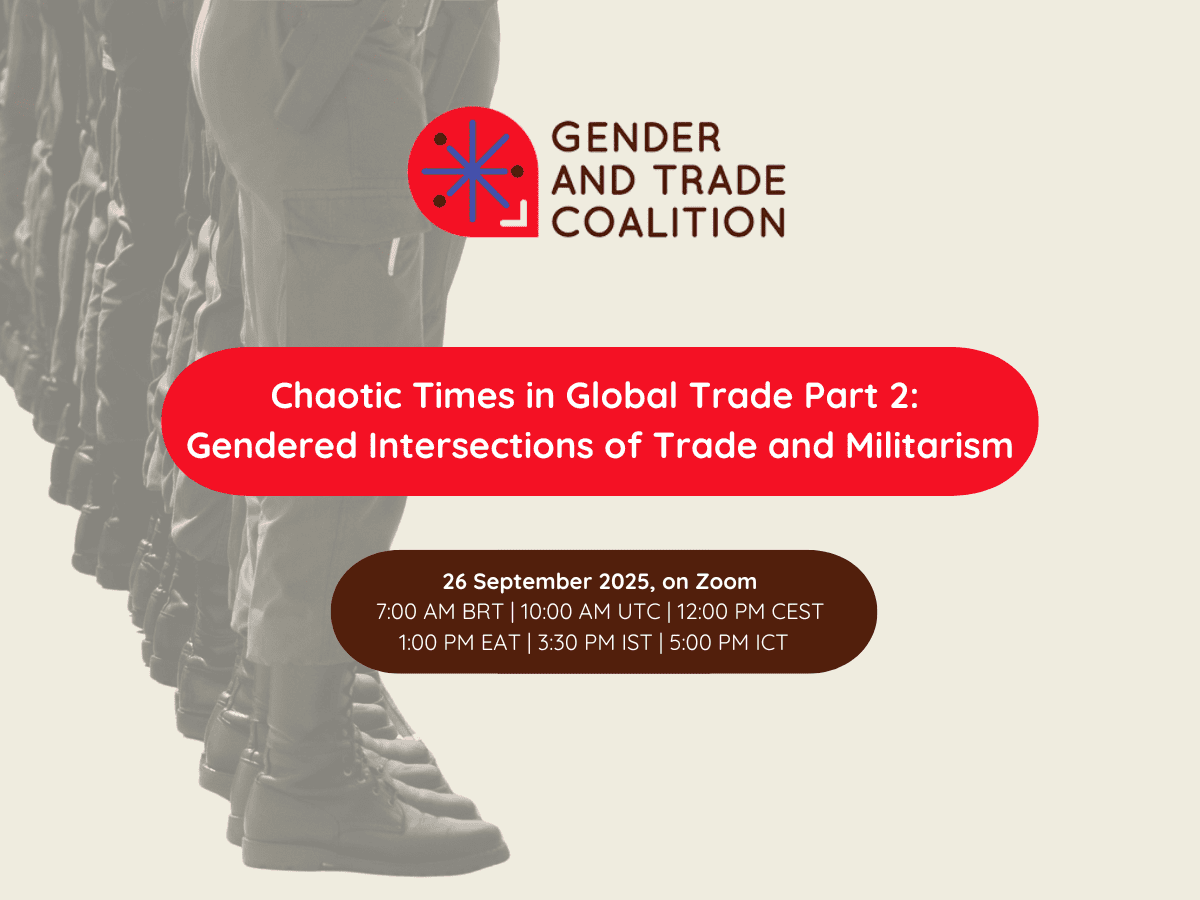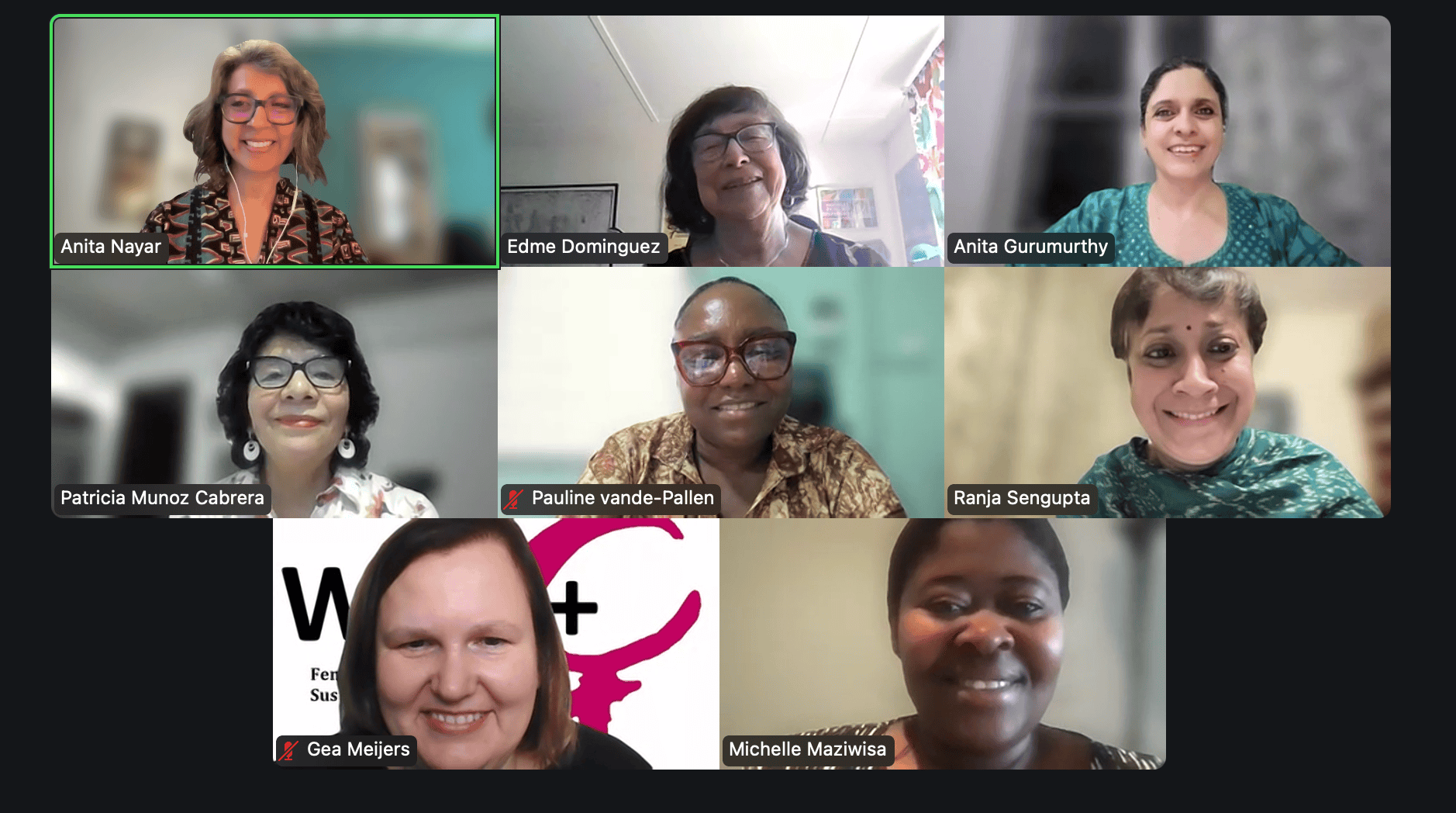The policies of globalization continue to impact all sectors in our economies; the fisheries sector is no exception. Like its counterpart agriculture, fisheries continue to work quite differently across developed and developing countries. While large scale industrial fishing dominates in many developed and in some developing countries, in most developing countries it is run by numerous small-scale fishers, who often continue to practice traditional or artisanal fishing. The role of women is often undermined in such systems, but in reality they form the backbone of small-scale fisheries. They are not only engaged in fishing, they are also key workers in supportive activities such as fish drying, cleaning, processing, and retailing.
As globalization expands, trade and investment rules are increasingly being formulated and implemented in the fisheries sector. While the World Trade Organisation (WTO) is currently engaged in negotiating rules to discipline subsidies that lead to overfishing and destruction of marine resources, the political dynamics of the negotiations indicate it may be small fishers and fish-workers who will lose out in the power-play, while benefits, if any, from marine conservation maybe grabbed by large scale fishers. At the same time, an increasing number of bilateral and regional Free Trade Agreements (FTAs) are being negotiated globally which aim to remove actual import duties allowing free import of fish into many developing countries, creating potential competition for domestic, especially small-scale fishers. The FTAs can also bring in investment liberalization that allows foreign companies to access national waters as well as coastal land, and remove the policy space of national governments to maximize the benefits from investments through mandated joint ventures and local employment, as well as their ability to nurture and support the development of domestic fleets.
Women fish-workers operate on a small-scale with limited resources and are often affected disproportionately by such rules. Women may also be more dependent on domestic support measures such as subsidies, or community access to land and local markets, which when constrained, can pose major threats to their livelihoods. At the same time, neither the trade rules nor the perishable nature of fish products, make it easier for small players in developing countries to access foreign markets. This webinar discusses this complex issue, bringing together information and analyses on the possible impacts of the current trade agreements on the lives of women small-scale fishers and fish-workers in developing countries.
This third webinar in a nine-part series entitled 'Trade Justice in the Time of COVID-19' organized by the Gender and Trade Coalition (GTC) is convened by two GTC members: Third World Network (TWN) and Pacific Network on Globalization (PANG). It is moderated by Ranja Sengupta (TWN) and includes the following speakers:
- Suzanne Kuria (African Women Fish Processors and Traders Network);
- Pooja Moitra (East Coast Fish Workers Union, India; World Forum of Fish Harvesters & Fish Workers);
- Adam Wolfenden (PANG);
- Susana Barria (Public Services International); and
- Helene Bank (Norwegian Trade Campaign–Handelskampanjen).





